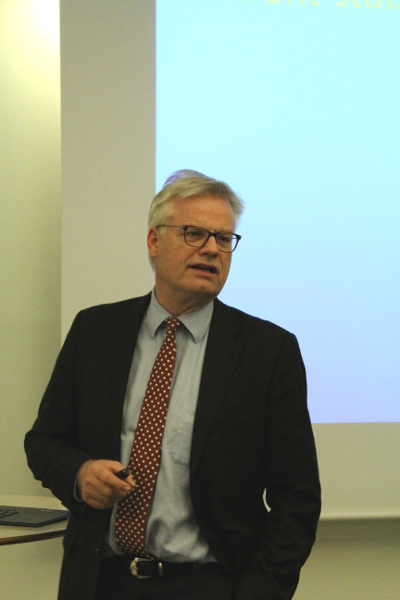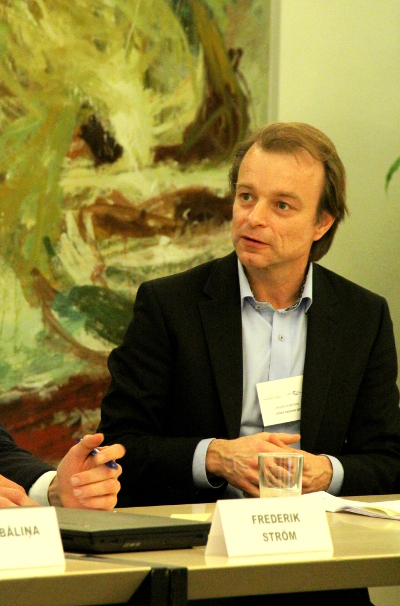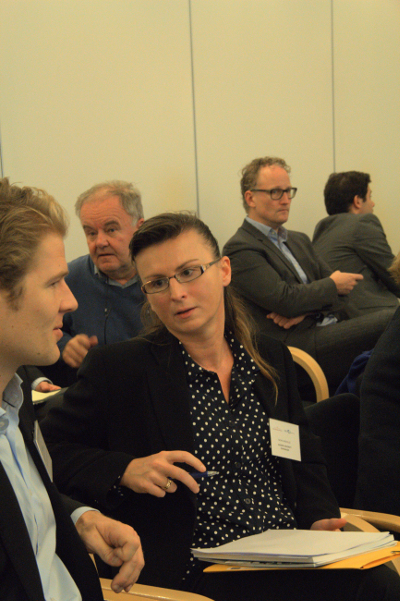On the 9th December Baltic Development Forum together with the Danish Business Authority gathered around 60 representatives in Copenhagen from across sectors in a one day conference to explore the concept of testbeds as a potential tool for digital growth in the Baltic Sea Region.
The event presented participants with an overview of current trends in digital testing, brought forward the views of industry, entrepreneurs and public authorities, and finished off with discussions on some of the key questions: what are the challenges for testbeds; is there a role for the public sector; and is there a need for cross-border collaboration?
The conference provided important insight into the topic and indicated the key issues to be addressed in the follow-up process. The key findings and observations from the seminar suggest that there is a role for testbeds in stimulating economic growth and will provide inputs to the forthcoming project “Innovative Nordic digital solutions” under the Nordic Co-operation Programme for Innovation and Business Policy 2014-2017.
 |
 |
 |
 |
Main take away messages:
• The currently high increase in, and demand for, testing of digital products and services is expected to continue.
• More and more companies are outsourcing testing, but in order to remain agile and to overcome knowledge bottlenecks the current trend is to outsource to actors that are geographically close by, and to engage in co-management of testing operations.
• There is a lack of skills and knowledge within testing and a need for universities and other knowledge institutions to pay more attention to these demands within the industry.
• Testbeds are not just for testing, and not just for digital products and services. They function as ecosystems, connecting the private sector, public authorities, and academia, creating a platform to connect with end users and develop synergies for open and collaborative innovation.
• Testbeds provide clear benefits for companies. They can help roll out innovation throughout the value chain, provide easy access to users, help improve public relations and aid in securing financing via project funding.
• Challenges faced by SMEs are similar to those of bigger companies. However, time and financial constraints make it harder for SMEs to attain testing internally.
• There is a lack of a clear definition of a “testbed”, and a need for better awareness of what facilities already exist.
• Although it is preferable to have the private sector run testbeds, the public sector can play an important role in providing better framework conditions that may help companies to commercialize and bring results to the market faster; provide information about testbeds; facilitate the information flow between testbeds on national and regional levels; invest in test environments when risk sharing is of high importance; and provide access to live environments (cities, health care facilities etc) as test platforms.
• Cross-border collaboration could help the development of testbeds in the Baltic Sea Region and increase the region’s attractiveness.
Baltic Development Forum would like to thank Danish Business Authority for all their work and effort as well as those who participated in the event.

